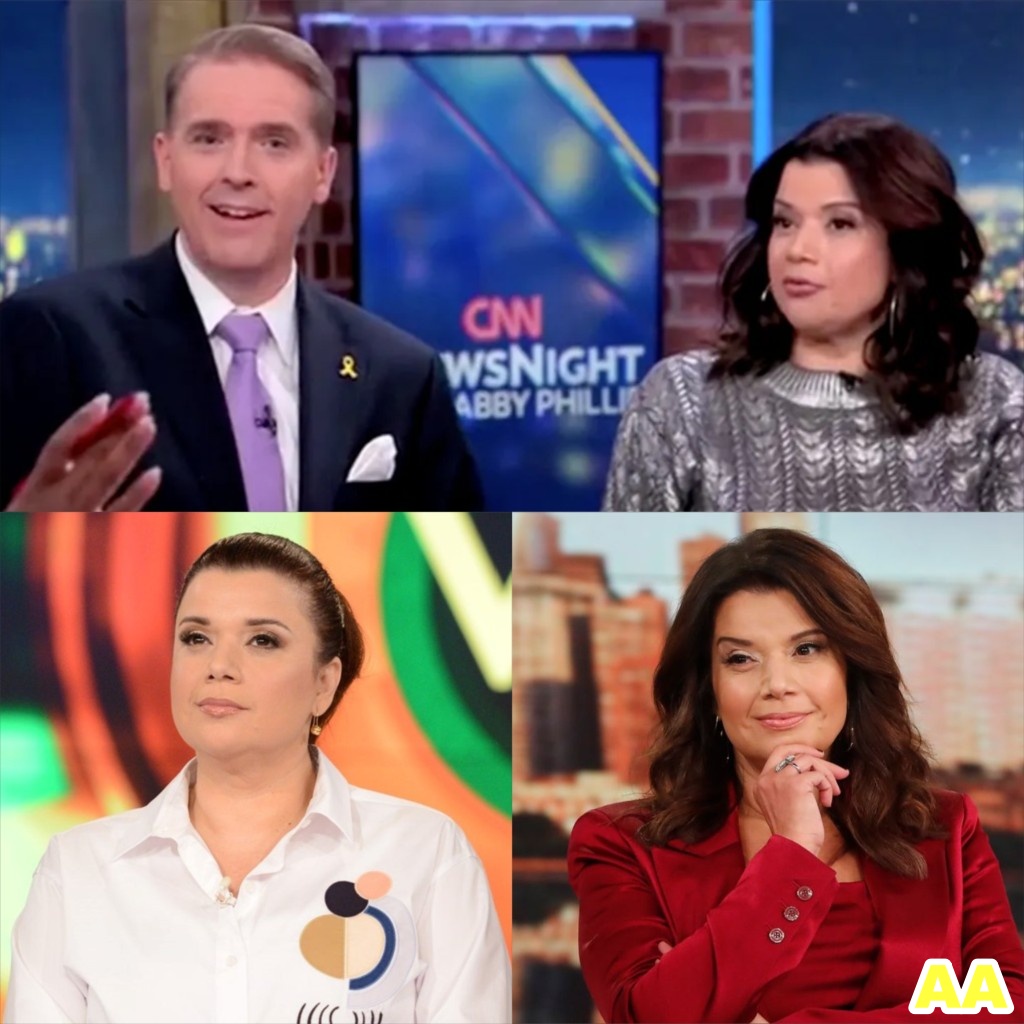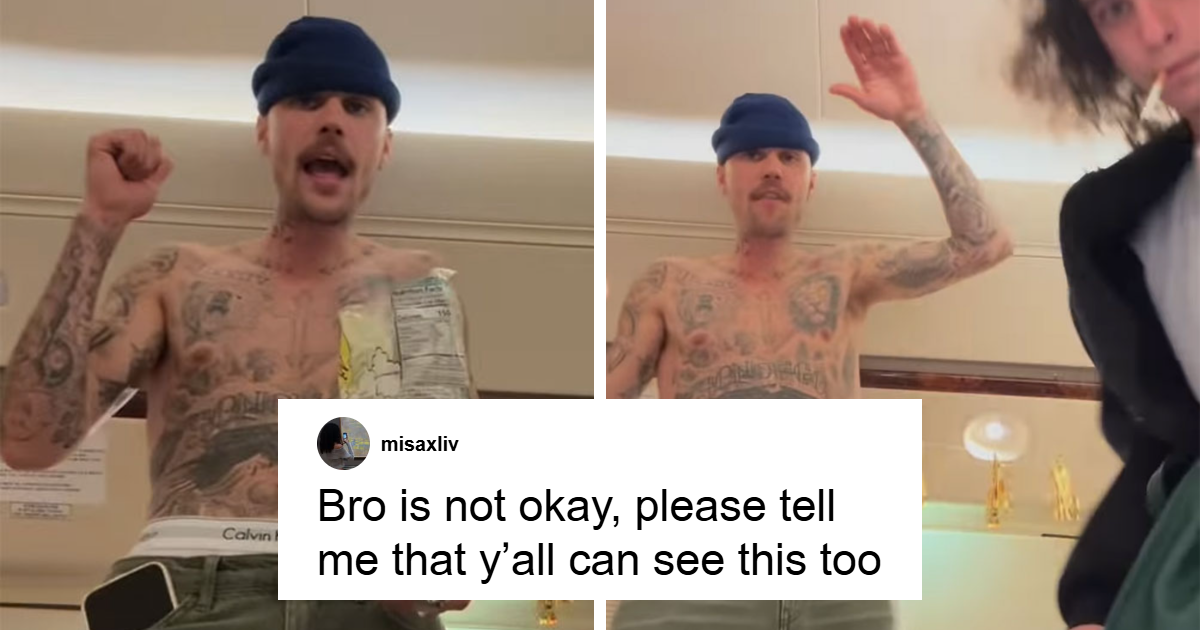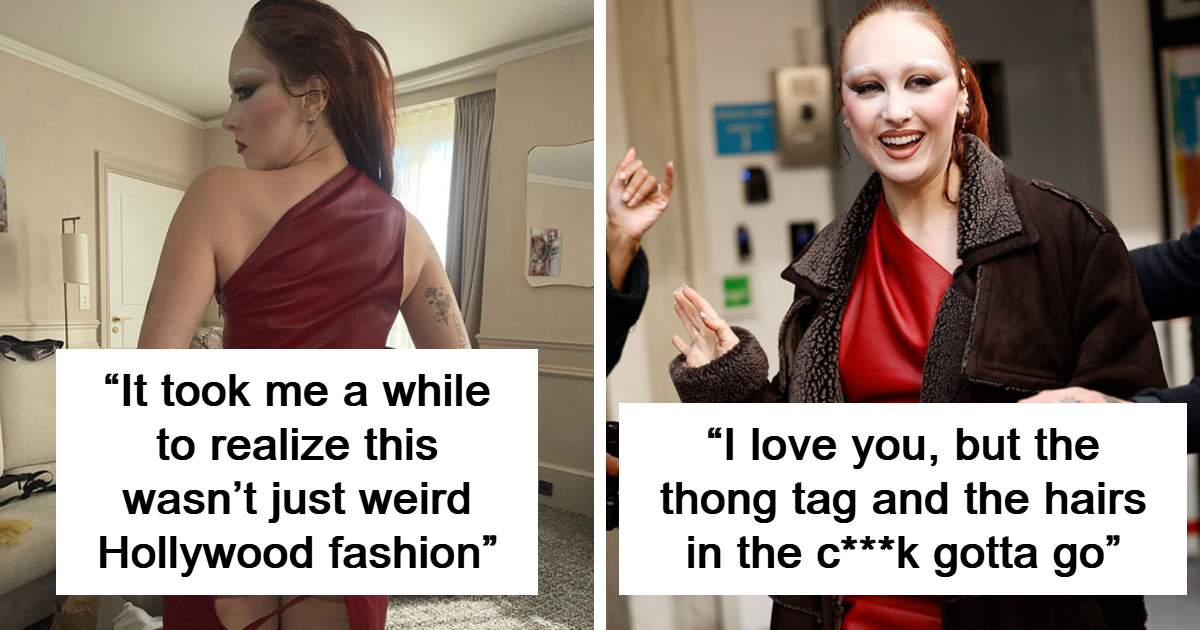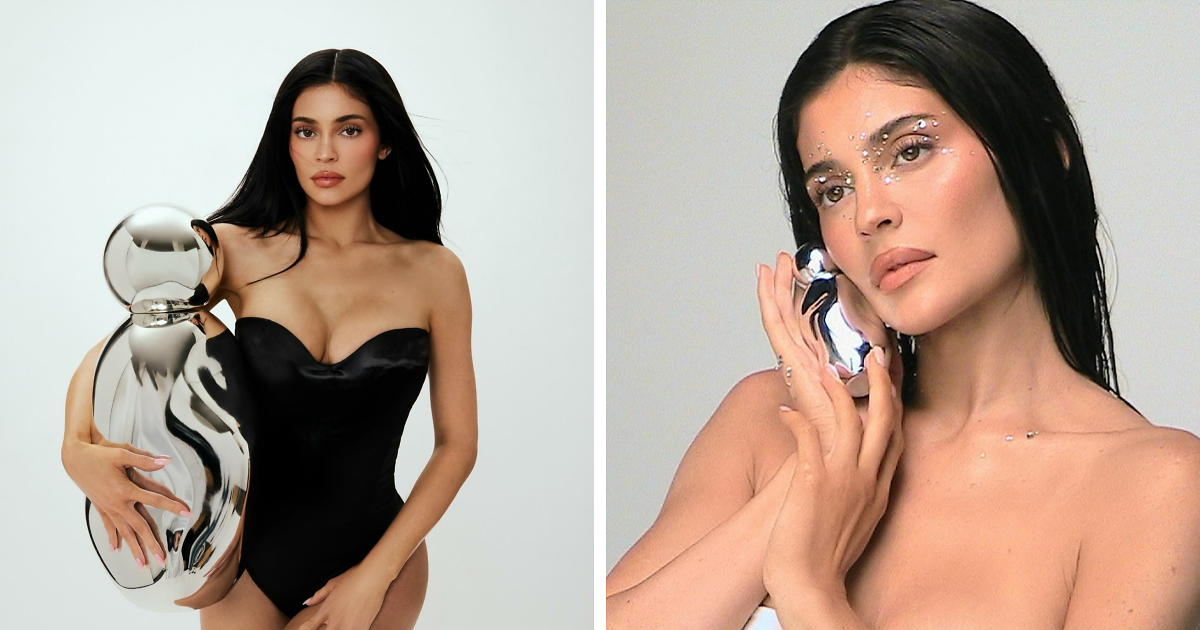CNN anchor Abby Phillip came to the defense of
The View
co-host and CNN commentator Ana Navarro during a heated panel discussion,

calling out conservative commentator Scott Jennings for what she described as a “bad faith” question.
The debate centered around the Federal Communications Commission’s (FCC) ongoing investigation into diversity,
equity, and inclusion (DEI) policies at Comcast and NBCUniversal.

Navarro Criticizes FCC Investigation

The discussion began when Phillip posed a broad question to the panel:
“Are we okay with the government telling corporations how they can govern themselves?”

This question was in response to the FCC’s scrutiny of DEI practices at major media corporations.
Navarro, a self-described anti-Trump Republican who has frequently aligned with Democratic policies, criticized the FCC’s involvement, arguing that it contradicts traditional conservative values.
“There’s nothing less conservative than that, and less of a Republican value than that,”
Navarro stated.
“Republicans used to be for small government and for the private sector governing themselves. So we are for less regulation, supposedly. And so, I just see it as so opposed to all of the things that we grew up believing.”
Her remarks suggested that she viewed the investigation as an example of government overreach, a stance that led to a sharp exchange with Jennings.
Scott Jennings Pushes Back

Jennings quickly challenged Navarro’s argument, responding with a pointed question:
“So you’re saying we should do away with the FCC?”
Navarro immediately dismissed the idea, saying no, but before she could elaborate, Phillip interjected to end the exchange.
“I’m going to stop this conversation right there,”
Phillip said, addressing Jennings directly.
“It’s in such bad faith for you to take what she just said and then say, ‘You want to get rid of the FCC.’”
Jennings, however, defended his line of questioning, arguing that Navarro’s stance on reducing regulations seemed inconsistent with her support for maintaining the FCC, which is itself a regulatory agency.
Phillip then pivoted the conversation back to her original question, pressing Jennings for his opinion on the FCC’s investigation into Comcast and NBCUniversal.

Jennings’ Response and Broader Debate
In response, Jennings acknowledged the complexities of the issue, noting that media companies operate under public broadcast licenses, which naturally invite government oversight.
“Well, I mean, I think these public broadcasters, I mean, they do have these licenses because it’s the public airwaves. And that’s the reason the regulatory agency exists,”
Jennings said.
“So, you know, that’s the way it’s always worked. I truthfully don’t know what the right answer here is.
This is a more muscular look at these. Trump, obviously, and his people feel that some of these people have run amok with their, uh, with the privilege of having these licenses. So I don’t know what the answer is.”
His response reflected the ongoing divide between those who see DEI policies as necessary for fostering workplace inclusivity and those who view them as discriminatory or unnecessary government intervention.
Media Experts Weigh In
CNN’s media analyst Brian Stelter also weighed in on the controversy, calling the situation a
“slippery slope”
and warning that government intervention in corporate policies could set a concerning precedent.

“We’re three weeks in, and we are slipping,”
Stelter remarked, alluding to broader concerns about government oversight of media companies under the new administration.
FCC Chair Defends Investigation
Meanwhile, FCC Chairman Brendan Carr defended the agency’s probe, aligning with former President Trump’s stance against DEI initiatives.
“President Trump is leading America away from the scourge of invidious DEI discrimination and ensuring that everyone in this country has a fair shot at succeeding,”
Carr told
Fox News Digital
.
“Discriminatory DEI programs cannot be squared with this country’s civil rights laws, and following President Trump’s leadership, the FCC will ensure that every company we regulate ends illegal DEI programs.”
Carr’s statement underscored the broader shift in federal policy under Trump’s administration, which has prioritized eliminating DEI-related initiatives across multiple sectors.

Conclusion
The debate between Navarro, Jennings, and Phillip highlights the deep ideological divisions surrounding DEI policies and government regulation.
While Navarro argued that the FCC’s actions contradict conservative principles of limited government, Jennings questioned whether her stance was consistent with keeping the regulatory agency intact.
Phillip, stepping in to moderate, accused Jennings of misrepresenting Navarro’s argument, illustrating the broader media divide on the issue
As the FCC’s investigation into Comcast and NBCUniversal continues, the controversy over DEI policies and government oversight is unlikely to fade anytime soon.
With Trump’s administration pushing for sweeping changes, the debate over how much influence the government should have over private corporations remains a hot-button issue in American politics.



